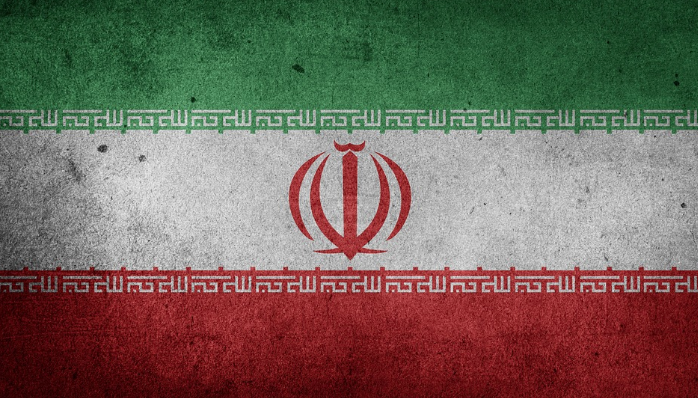US president Donald Trump recently proposed a plan to institute a complete ban of Iranian oil this coming November. It is possible he is simply incapable of understanding the realities of such a proposal…. would it even possible to impose a blockade of Iranian oil throughout the entire region? To give Trump the benefit of the doubt, he likely means what he says, but doesn’t understand the logistics or potential consequences… Iranian president Hassan Rouhani’s response was swift and direct: impose the ban if you are able to, and you will see the consequences.
Rouhani gave his response to Trump’s provocative declaration during his trip to Switzerland. The response absolutely shocked the White House, and for good reason. Commentators have inferred from Rouhani’s remarks that he plans to blockade the strait of Hormuz, although he did not directly declare such intentions.
The strait of Hormuz is the main thoroughfare connecting the Persian Gulf to the Sea of Oman. Its coast also connects Iran and Oman. The strait is 54 – 180 KM wide and is only wide and deep enough for launching heavy ships from the four Iranian Islands located in the strait- Qeshm, Hormuz, Larak and Hengam. Some 20% of all oil produced in the world crosses the strait of Hormuz, including 100% of the oil from the UAE, Kuwait, Qatar, Iraq and nearly 90% of that produced in Saudi Arabia. Saudi Arabia and the UAE are able to transport some 6 million barrels of oil without using the strait of Hormuz, implying that the world will encounter a 15- barrel oil shortage if the strait is blocked. The largest buyers of the Middle East’s oil and energy are China, India, South Korea, and Japan; Blocking the strait of Hormuz could easily lead to international oil prices tripling.
The Iranian president’s remarks are a clear message against the potential oil sanctions. In response to Hassan Rouhani’s claim, William Urban, the US Central Command spokesman, told the associated press that the US troops are ready to guarantee the safety of marine transportation and free business circulation based on international regulations.
Iran has the power to enforce the blockade both legally and militarily, but have yet to take any concrete steps. The international community it, however, apprehensive about the severity of the potential consequences.
US sanctions on Iranian oil will spike international oil prices; the tougher the sanctions, the higher the price is likely to rise. This will prevent Donald Trump from maintaining international oil prices, and have as much drawbacks for America as it would for Iran. Trump’s strategy is to the force the world to seek alternatives to Iranian oil, not considering the more important issue of international oil market security. Iran’s reaction has already had a profound influence on this security, despite being limited to a single remark.
Donald Trump urged countries importing oil from Iran to join the US in imposing oil sanctions this November, but the proposal was immediately rejected by China, India, and Turkey- the major importers of Iranian oil. Rouhani remained stalwart in answering Donald Trump’s threats, showing the world that Iran and its allies will not acquiesce to the US’s totalitarian plans.

















Leave a Reply